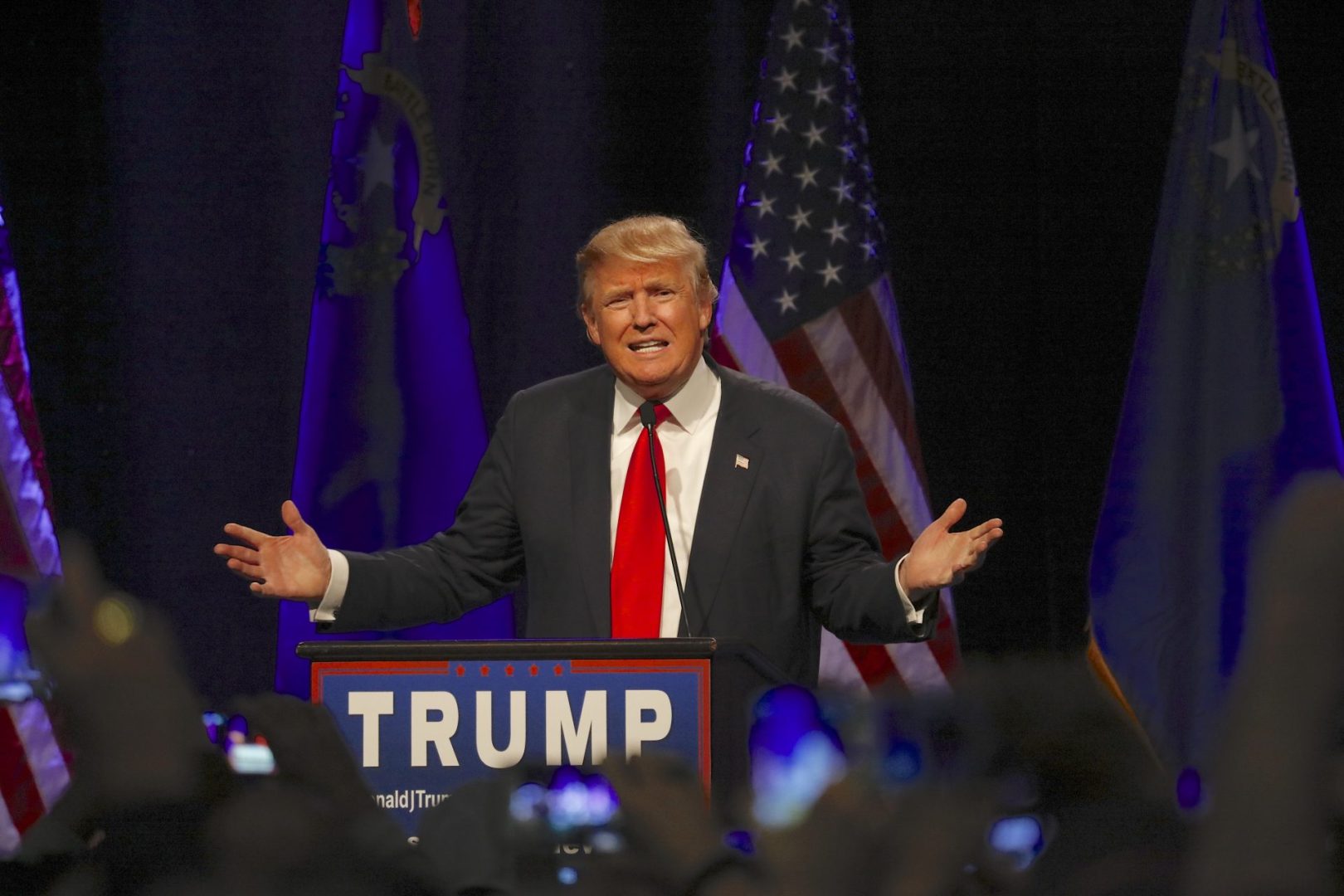The 2024 election cycle unveiled a unique and unexpected factor influencing voter behavior: pet ownership. While early narratives suggested a lean toward cat owners, dog owners ultimately played a decisive role in Donald Trump’s reelection. The interplay of pet preferences and political affiliations added a fascinating layer to an already contentious race.
Trump’s dog-owner support secures victory
According to AP VoteCast, which surveyed over 120,000 voters, Donald Trump garnered support from slightly more than half of pet-owning voters, with dog owners leading the charge. The survey highlighted a significant divide, dog owners favored Trump, while cat owners were more evenly split between Trump and Democratic Vice President Kamala Harris. This alignment gave Trump a critical edge, particularly among male dog owners.
Dog ownership, it seems, became a reliable predictor of Republican support. The data revealed that approximately 60% of male dog owners identified as Republicans, reinforcing the idea that this demographic was key to Trump’s success.
The demographics of pet ownership in 2024
Pet ownership is widespread among the American electorate, with about two-thirds of voters reporting they own a dog or a cat. Historically, political campaigns have overlooked this group. However, the 2024 election cycle saw a shift in focus, especially after controversial comments made by Trump’s running mate, Ohio Senator JD Vance, who referred to “childless cat ladies.”
This comment drew attention from pop icon Taylor Swift, who endorsed Kamala Harris and playfully embraced the “childless cat lady” label. Despite Swift’s influence and Harris’s appeal to cat-owning women, the overall numbers still favored Trump.
Harris finds support among female cat owners
Kamala Harris resonated strongly with women who owned only cats. The survey showed that about 60% of these voters supported Harris, indicating a significant gender gap in pet-owner voting preferences. Female cat owners also expressed unfavorable views of JD Vance, which may have bolstered their support for Harris.
However, this support was not mirrored among male cat owners, where Trump narrowly secured a majority. Only about 40% of female cat owners identified as Republicans, suggesting pre-existing political leanings influenced by party loyalty rather than pet ownership alone.
Dog owners, the pivotal voting bloc
Dog owners emerged as a crucial demographic in the 2024 election. Approximately 30% of voters reported owning only dogs, and an additional 20% owned both dogs and cats. Trump’s appeal to this group was undeniable: 60% of male dog owners and nearly half of female dog owners cast their votes for him.
This loyalty persisted despite Trump’s lack of direct outreach to dog owners. Notably, Trump made unfounded claims about immigrants stealing pets in Ohio—a sensational narrative that did not seem to deter his base. Instead, it underscored how deeply entrenched Republican support was among dog owners.
Challenges for democrats in courting dog owners
For Democrats, the strong Republican alignment among dog owners presents a strategic challenge. Harris’s campaign made concerted efforts to connect with cat owners, but Trump’s dominance among dog owners was not significantly threatened. Moving forward, Democrats may need to explore more effective ways to engage this influential group.
The candidates’ connection to pet owners
Interestingly, neither Trump nor Harris owns a pet, which may have created a disconnect with voters who prioritize animal companionship. While this lack of personal connection didn’t appear to impact Trump’s standing with dog owners, it remains a consideration for future campaigns. Candidates who authentically engage with pet owners may gain an advantage by tapping into this passionate voter base.
Lessons from the 2024 election
The 2024 election underscored the complex and sometimes surprising factors that influence voter behavior. Pet ownership, once considered a trivial detail, emerged as a significant variable in shaping electoral outcomes. As political strategists analyze the results, the relationship between pets and political preferences may become an area of greater focus.
Future candidates who can genuinely connect with pet owners and address their unique concerns may find themselves better positioned to capture this diverse and engaged electorate. The lessons of 2024 suggest that understanding the nuances of pet ownership—and its impact on political affiliations—could be key to building broader coalitions and winning hearts and votes alike.













